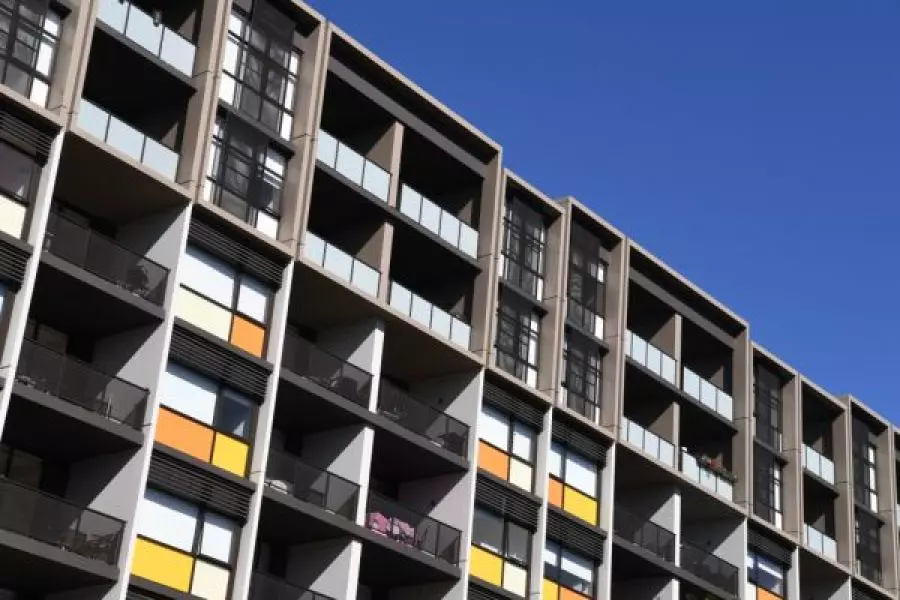
News
Sharp drop in building consents

Tuesday 30th of March 2021
Westpac senior economist Satish Ranchhod had predicted they would drop by about 5%. He says the big fall doesn’t mean the construction sector is losing steam.
His 5% prediction was off the back of January’s figures boosted by a large number of apartment consents, which can swing around by large numbers on a month-to-month basis.
“The Covid alert level also dial...
Want to read the full article?
Click the button below to subscribe and will have unlimited access to full article and all other articles on the site.





![[The Wrap] Bye Bye Bayly](https://goodreturns.publit.io/file/c_fill,w_900,h_600/39f23ac1-f7c7-4854-b700-a150004ebbac.webp)


